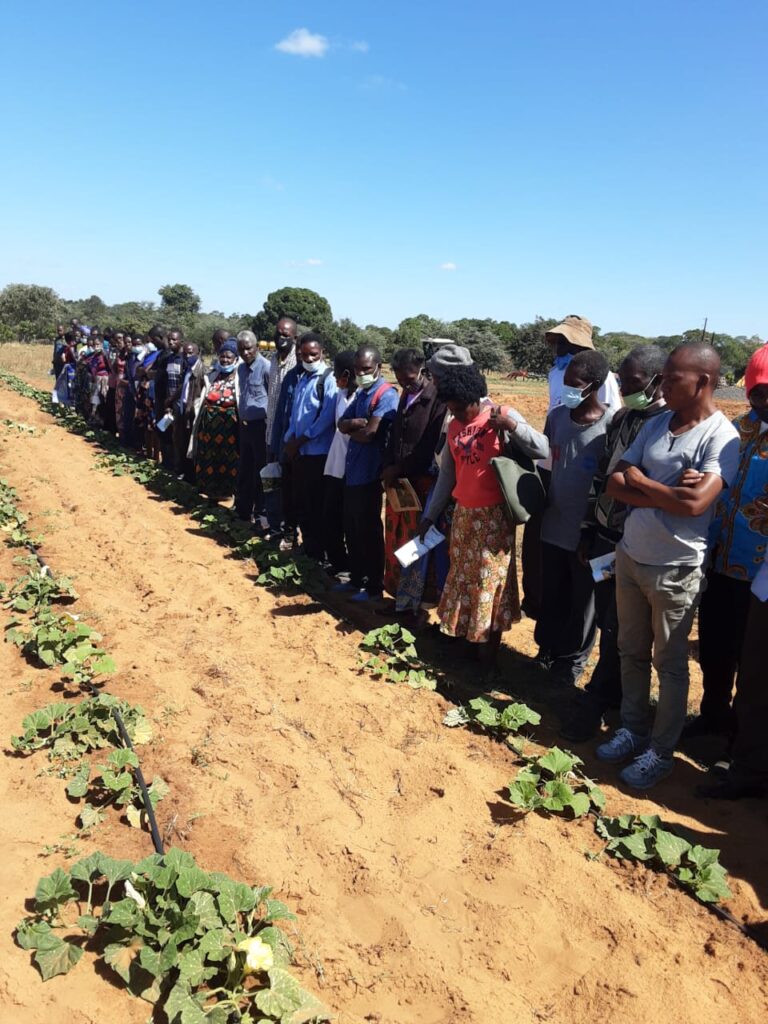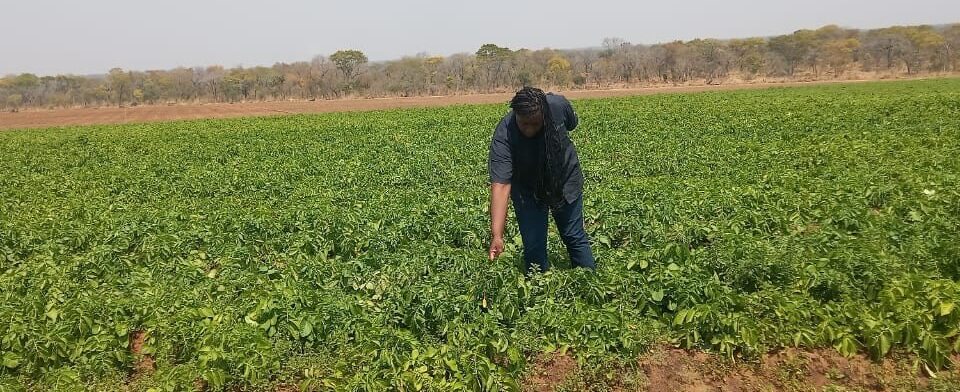
Climate change is resulting in more variable and unpredicted weather patterns, which can have severe impacts on food production and water availability. As a result, it is important for agricultural producers to adopt efficient irrigation systems that can minimize crop yields.
Efficient irrigation methods can help reduce the impacts of climate change by conserving water, reducing water wastage, and reducing the amounts of energy needed to pump and transport water. This helps reduces the amount of greenhouse gases released into the atmosphere and can help reduce soil erosion, which helps to improve the capacity of soil to sequester carbon. Efficient irrigation methods are also beneficial for Agricultural production, which can help to ensure food security in the face of a changing climate.

Drip irrigation is an increasingly popular choice among producers due to its ability to deliver water directly to the root zone of the crop, resulting in higher yields and lower water losses. Compared to centre pivots drip irrigation has greater water use efficiencies. It applies water directly to the crop and is not affected by wind and evaporation, making it more precise for irrigating in areas affected by climate change. Additionally, drip irrigation systems can be tailored to meet the specific needs of the variety of crops, allowing for more precise watering and a reduction in water use. center pivots on the other hand, spray water over a large area and can be wasteful if not monitored closely. Drip irrigation systems are much more efficient than centre pivots when it comes to water conservation. water action.
Therefore by using irrigation systems such as drip irrigation, agricultural producers can minimize water waste, maximize crop yields, and better adapt to the changing conditions brought about by climate change.
